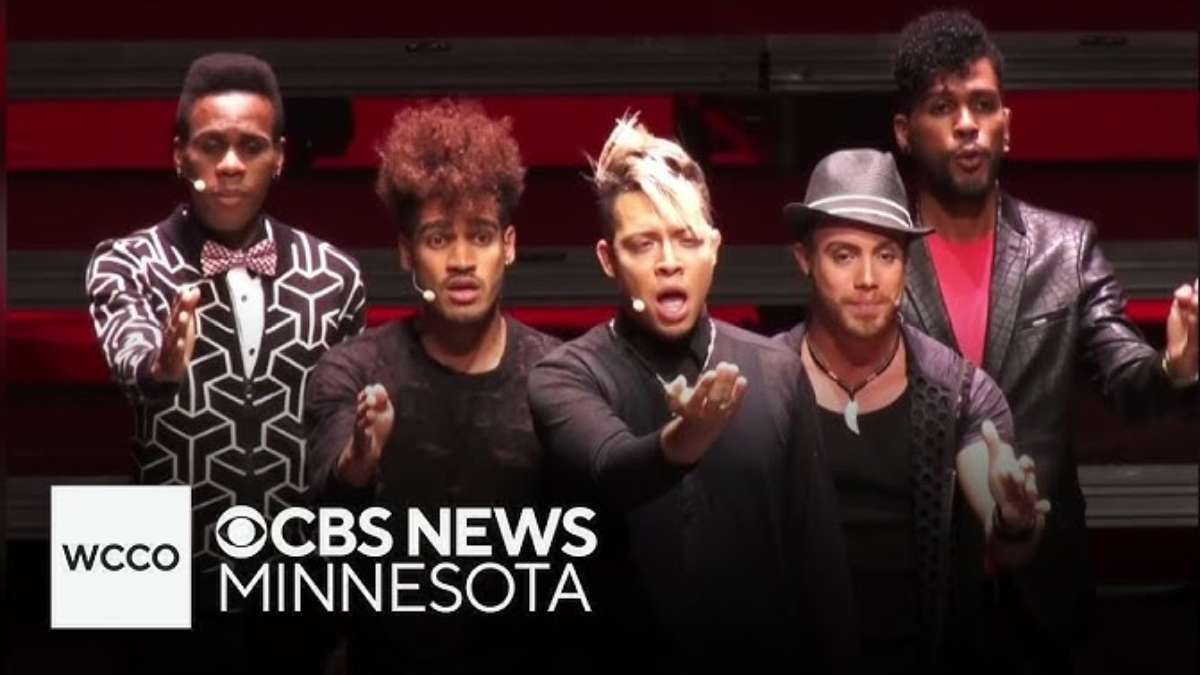Introduction
The WCCO archives gay college collection offers a valuable glimpse into LGBTQ history within educational settings. It highlights how college life and queer identities have intersected over decades. This article explores the significance of the WCCO archives gay college records, showing how they preserve voices, stories, and experiences of LGBTQ students. For the LGBTQ community and historians, these archives serve as a vital resource to understand progress, challenges, and cultural shifts.
What Are the WCCO Archives Gay College Records?
WCCO is a major media outlet with extensive archives documenting local history, including the lives of LGBTQ students at various colleges. These archives include video footage, interviews, photographs, and news stories focused on gay college experiences. They provide an authentic look at how queer identities were lived, expressed, and sometimes challenged within academic environments.
The Importance of Preserving LGBTQ College History
Preserving LGBTQ history is crucial for visibility and representation. The WCCO archives gay college materials ensure that stories from past generations are not forgotten. These records allow future students, researchers, and community members to understand the evolution of LGBTQ rights and culture in education. They also highlight the resilience and activism of queer students who fought for acceptance.
How the WCCO Archives Help the LGBTQ Community
By making these archives accessible, WCCO supports the LGBTQ community’s need for connection and history. The archives give members a sense of belonging and proof of their community’s presence over time. For colleges, these records offer opportunities to reflect on past policies and work toward more inclusive environments.
Key Themes Found in WCCO Gay College Archives
Several themes emerge from the archives. These include coming out stories, activism and protests, campus policies, social events, and personal narratives. Each theme sheds light on different aspects of college life and the diverse experiences of LGBTQ students.
The Role of Media in Shaping LGBTQ College Narratives
Media coverage, like WCCO’s, shapes public perception and historical record. Positive or negative, media reports influenced attitudes toward queer students. The archives show shifts from stigma and silence to acceptance and celebration. They help us understand how media representation impacts LGBTQ identity and advocacy.
Challenges Faced by LGBTQ Students Documented in the Archives
The archives do not shy away from difficult topics such as discrimination, exclusion, and mental health struggles. They provide honest accounts that raise awareness and encourage empathy. Recognizing these challenges helps support ongoing efforts to improve campus climate for LGBTQ students.
How Colleges Can Use WCCO Archives to Promote Inclusion
Educational institutions can use these archives for training, curriculum development, and awareness campaigns. Sharing real stories from the past makes diversity initiatives more relatable and impactful. It also honors the work done by past LGBTQ students who paved the way.
Accessing the WCCO Archives Gay College Collection
WCCO archives are available online and through local libraries or university partnerships. Interested individuals can explore videos, interviews, and documents by searching for “WCCO archives gay college.” Many archives are digitized for easy access, supporting research and education.
The Future of LGBTQ Archival Work at WCCO and Beyond
Archival efforts continue to expand, with ongoing projects to document modern LGBTQ college experiences. New technologies and community partnerships ensure these stories remain vibrant and relevant. The WCCO archives gay college initiative is part of a broader movement to preserve queer history for future generations.
Conclusion
The WCCO archives gay college collection is a vital resource for preserving LGBTQ history within educational institutions. It offers insight into the struggles, triumphs, and everyday lives of queer students. These archives empower the LGBTQ community by honoring their past and guiding future progress. By engaging with these materials, colleges and individuals can foster greater understanding and inclusivity.
Frequently Asked Questions (FAQs)
What does WCCO archives gay college include?
They include video footage, interviews, news stories, and photos documenting LGBTQ experiences in college settings.
Why is LGBTQ history in colleges important?
It provides visibility, supports identity, and highlights progress and challenges faced by queer students.
How can I access the WCCO archives?
Archives can be accessed online via WCCO’s website or through local libraries and university archives.
Who benefits from these archives?
LGBTQ community members, researchers, educators, students, and historians benefit from the preserved stories.
What types of stories are in the archives?
Coming out experiences, activism, social events, campus policies, and personal struggles are commonly found.
Can colleges use the archives for diversity training?
Yes, the archives provide authentic materials that help promote awareness and inclusion on campuses.
Are the WCCO archives updated regularly?
Yes, WCCO continues to document current LGBTQ college stories and historical materials.
How do these archives impact the LGBTQ community?
They foster connection, preserve history, and inspire future generations to continue advocacy.
